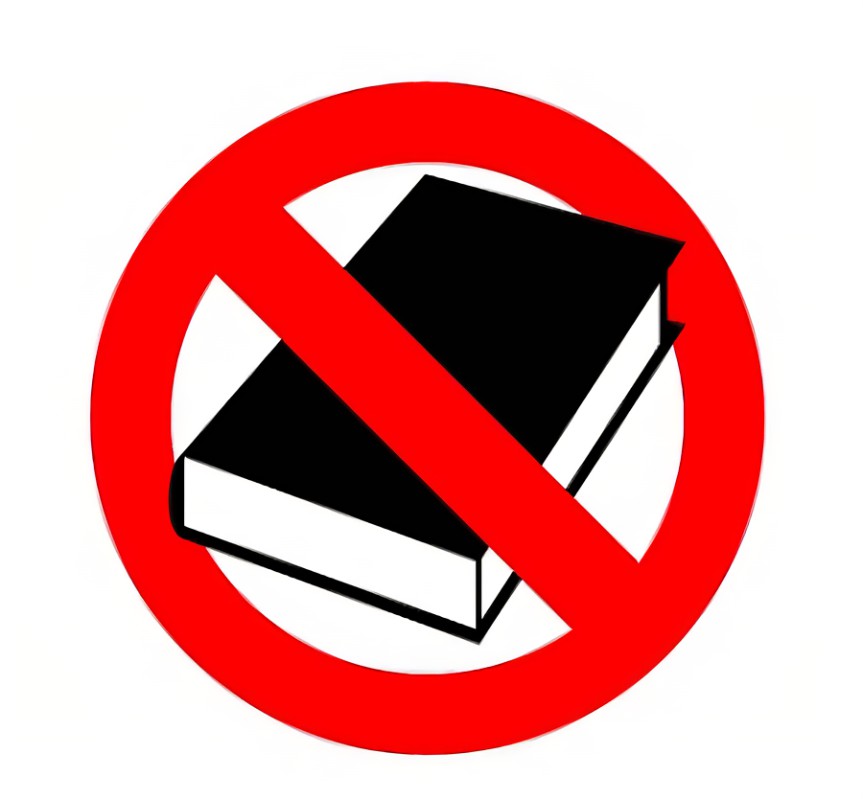cross-posted from: https://kbin.social/m/13thFloor/t/429137
Shadow libraries, sometimes called pirate libraries, consist of texts aggregated outside the legal framework of copyright.
Today’s pirate libraries have their roots in the work of Russian academics to digitize texts in the 1990s. Scholars in that part of the world had long had a thriving practice of passing literature and scientific information underground, in opposition to government censorship—part of the samizdat culture, in which banned documents were copied and passed hand to hand through illicit channels. Those first digital collections were passed freely around, but when their creators started running into problems with copyright, their collections “retreated from the public view," writes Balázs Bodó, a piracy researcher based at the University of Amsterdam. “The text collections were far too valuable to simply delete,” he writes, and instead migrated to “closed, membership-only FTP servers.”
More recently, though, those collections have moved online, where they are available to anyone who knows where to look.
The purpose of this site, then, is to have all these libraries at our fingertips when in need of a certain text or book.
As Aaron Swartz put it:
“Information is power. But like all power, there are those who want to keep it for themselves.”
We need to take information, wherever it is stored, make our copies and share them with the world. We need to take stuff that’s out of copyright and add it to the archive. We need to buy secret databases and put them on the Web. We need to download scientific journals and upload them to file sharing networks. We need to fight for Guerilla Open Access.
With enough of us, around the world, we’ll not just send a strong message opposing the privatization of knowledge — we’ll make it a thing of the past. Will you join us?
Read the full text of the Guerilla Open Access Manifesto
The thing is, I don’t even consider these libraries to be wrong. Technically illegal in the US and Europe due to machinations by the publishers’ cartel? Yes. Unethical? No. Immoral? Hell no.


